Creating accredited online courses can seem like a daunting task. You might feel overwhelmed by the jargon, standards, and all the steps involved—it’s like trying to assemble IKEA furniture without the instructions! But trust me, you’re not alone in this.
Stick around, and I promise to simplify the process for you. By the end of this guide, you’ll have a clear roadmap to design your own accredited courses, making it easier for you to provide valuable education and gain that all-important accreditation.
From choosing the right course topics to marketing them effectively, we’ll cover all the essentials. So grab a cup of coffee, and let’s dive into the exciting world of online course creation!
Key Takeaways
- Research accreditation requirements specific to your course subject to gain credibility.
- Choose course topics based on your expertise and market demand for better engagement.
- Design a clear course structure with varied content types to cater to different learning styles.
- Select a user-friendly Learning Management System (LMS) that supports multiple content formats.
- Incorporate diverse assessments to gauge student understanding and offer certifications for completed courses.
- Ensure your course meets standards set by accrediting bodies for successful accreditation.
- Maintain documentation and seek feedback throughout the course design and accreditation process.

Steps to Create Accredited Online Courses
Creating accredited online courses can seem daunting, but it’s a highly rewarding venture.
Start by understanding the steps involved, which include researching accreditation requirements, selecting your course topics, designing engaging content, and choosing the right platforms for delivery.
This structured approach helps you ensure that your courses meet industry standards while providing value to learners.
Understanding Accreditation for Online Courses
Accreditation is crucial for online courses as it signifies that the course meets certain educational standards and is recognized by employers and institutions.
Start by identifying the accrediting bodies relevant to your course’s subject area.
Each accrediting body will have its requirements, so it’s essential to do your homework.
For instance, if you’re offering a course in healthcare, you might consult organizations like the Accreditation Council for Continuing Medical Education (ACCME).
Understanding these standards allows you to structure your course to meet their guidelines.
Consider reviewing how other accredited courses are structured; sites like Create a Course provide resources on best practices.
Choosing the Right Course Topics
Your choice of course topics is foundational to your course’s success.
It’s important to focus on areas where you possess expertise and where there’s a demand in the market.
Pumping your knowledge into subjects that excite you not only makes course creation easier but also translates into engaging content for your learners.
Research current market trends by exploring platforms like Udemy, which hosts over 210,000 courses.
Look for popular subjects by filtering through their most enrolled courses to see what learners are seeking.
Don’t forget to consider niche markets; sometimes, less common topics can yield high engagement rates.
Once you have your topics, validate them by reaching out to potential learners through social media or surveys.
Designing Your Course Content
Once you’ve settled on your course topic, it’s time to design your content.
Your course should have a clear structure that guides learners through the material logically.
Start with a course outline that includes the learning objectives, topics, and types of content to be delivered.
For each module, break down the information into smaller, manageable sections.
This makes it easier for learners to digest and retain information.
Incorporate various types of content, such as videos, readings, quizzes, and interactive activities to cater to different learning styles.
Consider utilizing resources on effective teaching strategies to keep your learners engaged.
For example, a video introduction for each module can help set the stage and spark interest.

Selecting a Learning Management System (LMS)
Choosing the right Learning Management System (LMS) is crucial for delivering your accredited online courses effectively.
An LMS acts as the backbone of your online course, allowing you to manage content, track learner progress, and offer assessments.
When selecting an LMS, consider factors such as ease of use, integration capabilities, scalability, and support services.
Popular LMS options include Moodle, Teachable, and Thinkific.
Make sure the system supports various content formats, such as video, quizzes, and PDFs, to create a rich learning environment.
Also, look for mobile compatibility, as a significant number of learners prefer accessing courses on their devices.
Once you’ve narrowed down your options, take advantage of free trials to test their functionalities before making a commitment.
Building Assessments and Certification
Assessments are key to measuring learner understanding and progress in your course.
Consider incorporating various assessment types, such as multiple-choice quizzes, written assignments, and interactive projects.
Make sure to align your assessments with your course objectives to ensure they effectively gauge student learning.
Providing immediate feedback on assessments can enhance learning experiences by helping students understand their mistakes.
Once students complete your course, offering a certification can provide tangible proof of their achievements.
Certifications enhance the credibility of your course and can be a selling point to attract more learners.
Think about collaborating with relevant accrediting bodies to endorse your certification, adding further value for your students.
Platforms like Udemy make it simple to manage assessments and certifications within their systems.
Meeting Accreditation Standards and Criteria
To have your courses accredited, you must meet specific standards set by your chosen accrediting body.
This typically includes a detailed review of your course content, structure, instructional methods, and assessment techniques.
Start by carefully studying the accreditation guidelines in your subject area; each accrediting body has distinct criteria that you need to satisfy.
Create a checklist based on these requirements, ensuring that every aspect of your course aligns with what’s expected.
Documentation is crucial. Keep thorough records of your course design process, teaching methods, and assessments to provide evidence during the accreditation review.
If possible, seek out feedback from peers or mentors who have gone through the accreditation process, as their insights can be invaluable.
Once accredited, be prepared for periodic reviews and maintain high standards to keep your accreditation status.
Building relationships with accrediting bodies can help you stay informed about changes in standards and requirements.

Marketing Your Accredited Online Courses
Once your courses are accredited, it’s time to spread the word and attract learners.
Start by identifying your target audience and where they hang out online.
Use social media platforms that align with your audience to create buzz about your courses.
Share valuable content related to your course topics to showcase your expertise.
Email marketing can be highly effective; consider building a list of interested individuals and keep them updated on new courses and special offers.
Don’t underestimate the power of search engine optimization (SEO) to improve your website’s visibility.
Use keyword research to identify terms your potential learners are searching for, and optimize your website content accordingly.
Collaborate with influencers in your niche who can help promote your courses to their audience.
Lastly, consider offering discounts or free trials to entice new learners to enroll in your programs.
Maintaining Quality and Improving Your Courses
Your journey doesn’t end with launching your courses; continuous improvement is key.
Regularly review course content and update it to reflect any changes in the field.
This helps ensure that learners receive the most accurate and relevant information.
Consider setting a schedule to periodically refresh videos, readings, and assessments to keep everything current.
A good practice is to keep an eye on industry trends, so you can adapt your courses as necessary.
Engaging with students during and after the course can provide valuable insights into what works and what might need changing.
Additionally, look into new technologies or methodologies that can enhance learning experiences.
Training yourself in new educational tools can also keep your teaching methods fresh and exciting.
Gathering Feedback and Testimonials
Feedback is your friend when it comes to refining your online courses.
At the end of each course, consider sending out surveys to gather insights from learners about their experience.
Ask specific questions about content clarity, engagement, and areas for improvement.
Analyze this feedback thoroughly to identify common themes that may point to necessary changes.
Encourage students to leave reviews or testimonials, as these can add credibility to your offerings.
Positive testimonials can serve as social proof to attract new learners.
Showcase these reviews on your website and marketing materials to highlight the success stories of your students.
Remember, continuous communication with your learners not only improves courses but also builds a loyal community.
FAQs
Accreditation for online courses is a formal recognition by an authoritative body, ensuring that the course meets specific educational standards. This validation enhances the credibility and value of the course for learners.
Choosing the right topics involves researching market demand, assessing your expertise, and identifying gaps in available content. Engage with potential learners to understand their needs and interests for optimal course relevance.
When selecting an LMS, look for user-friendly navigation, mobile compatibility, robust reporting tools, integration capabilities, and support features. These elements are crucial for enhancing learner engagement and administrative efficiency.
Effective marketing strategies include utilizing social media, email campaigns, SEO optimization, and offering free webinars or samples. Showcasing testimonials and highlighting accreditation can also enhance course visibility and appeal.
